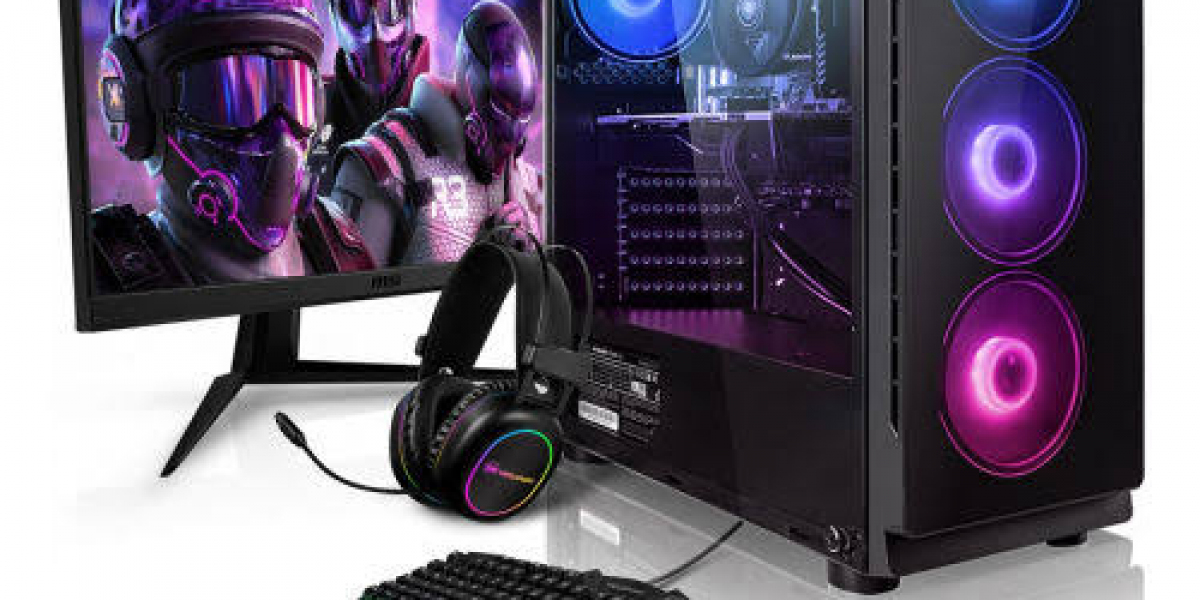After building and customizing your dream PC in **Parts 1-4**, it’s time to focus on **long-term care**. In **Part 5**, we’ll cover **maintenance routines, smart upgrades, and troubleshooting** to ensure your system stays fast, clean, and reliable for years.
---
### **1. Essential PC Maintenance Tasks**
#### **a) Dust Management (Every 3-6 Months)**
- **Tools Needed:** Compressed air, microfiber cloth, soft brush.
- **Steps:**
1. **Power off and unplug** the PC.
2. **Open the case** and use compressed air to blow out dust (focus on fans, filters, and heatsinks).
3. **Wipe surfaces** with a microfiber cloth.
4. **Check airflow paths**—ensure no obstructions.
**Pro Tip:** Use **dust filters** on intake fans to reduce buildup.
#### **b) Thermal Paste Replacement (Every 2-3 Years)**
- Over time, thermal paste dries out, reducing cooling efficiency.
- **How to Reapply:**
1. Remove the CPU cooler.
2. Clean old paste with **isopropyl alcohol (90%+)**.
3. Apply a **pea-sized drop** of new paste (Arctic MX-6, Noctua NT-H1).
#### **c) SSD/HDD Health Check**
- **Use Tools:**
- **CrystalDiskInfo** (checks drive health).
- **Windows Optimize Drives** (defrag HDDs, TRIM SSDs).
- **Warning Signs:** Slow speeds, strange noises (HDDs), or S.M.A.R.T. errors.
---
### **2. Software Optimization**
#### **a) OS Cleanup (Monthly)**
- **Disk Cleanup:** Remove temporary files (`%temp%`).
- **Uninstall Bloatware:** Tools like **Bulk Crap Uninstaller** help.
- **Startup Apps:** Disable unnecessary programs (via Task Manager).
#### **b) Driver & Firmware Updates**
- **GPU Drivers:** Update via **NVIDIA GeForce Experience** or **AMD Adrenalin**.
- **Motherboard BIOS:** Check manufacturer’s site (update cautiously).
- **Peripherals:** Update mouse/keyboard firmware.
#### **c) Malware & Security Scans**
- **Recommended Tools:**
- **Malwarebytes** (on-demand scans).
- **Windows Defender** (real-time protection).
- **Avoid:** Cracked software (common malware source).
---
### **3. When & How to Upgrade**
#### **a) Signs You Need an Upgrade**
- **Slow Performance:** Stuttering in games/apps despite optimizations.
- **Full Storage:** Constantly deleting files to free space.
- **New Software Demands:** Games/apps require better hardware.
#### **b) Smart Upgrade Paths**
| **Component** | **Priority** | **Budget-Friendly Picks** |
|----------------|----------------------|--------------------------------|
| **RAM** | First (if <16GB) | Add matching sticks (same speed). |
| **Storage** | Early (if near full) | 1TB NVMe SSD (~$50-80). |
| **GPU** | Mid/Late (for gaming)| AMD RX 7600 / NVIDIA RTX 4060. |
| **CPU** | Late (check mobo compatibility) | AMD Ryzen 5800X3D (AM4) / Intel i5-13600K (LGA 1700). |
**Note:** For **CPU upgrades**, ensure motherboard compatibility (socket/power).
---
### **4. Troubleshooting Common Issues**
#### **a) PC Won’t Turn On**
- **Check:** PSU switch, power cables, wall outlet.
- **Test:** Paperclip test (PSU) or reseat RAM/GPU.
#### **b) Blue Screens/Crashes**
- **Possible Causes:**
- Faulty RAM (**test with MemTest86**).
- Overheating (**monitor temps with HWMonitor**).
- Driver conflicts (**use DDU to reinstall GPU drivers**).
#### **c) Slow Performance**
- **Solutions:**
- **Background apps:** Close unnecessary tasks.
- **Thermal throttling:** Improve cooling.
- **Storage bottleneck:** Upgrade to SSD.
---
### **5. Future-Proofing Your PC**
- **Modular PSU:** Allows easier upgrades.
- **ATX/Micro-ATX Cases:** Fit larger future components.
- **PCIe 4.0/5.0 Support:** Ensures compatibility with next-gen GPUs/storage.
---
### **Conclusion**
A well-maintained PC can last **5+ years** with occasional upgrades. By following these steps, you’ll avoid slowdowns, crashes, and costly replacements.
**What’s Next?**
- **Part 6 (Networking & Peripherals):** Optimizing Wi-Fi, routers, and peripheral setups.
- **Part 7 (Budget Gaming PCs
- ):** Best builds for $500, $1000, and $1500.


